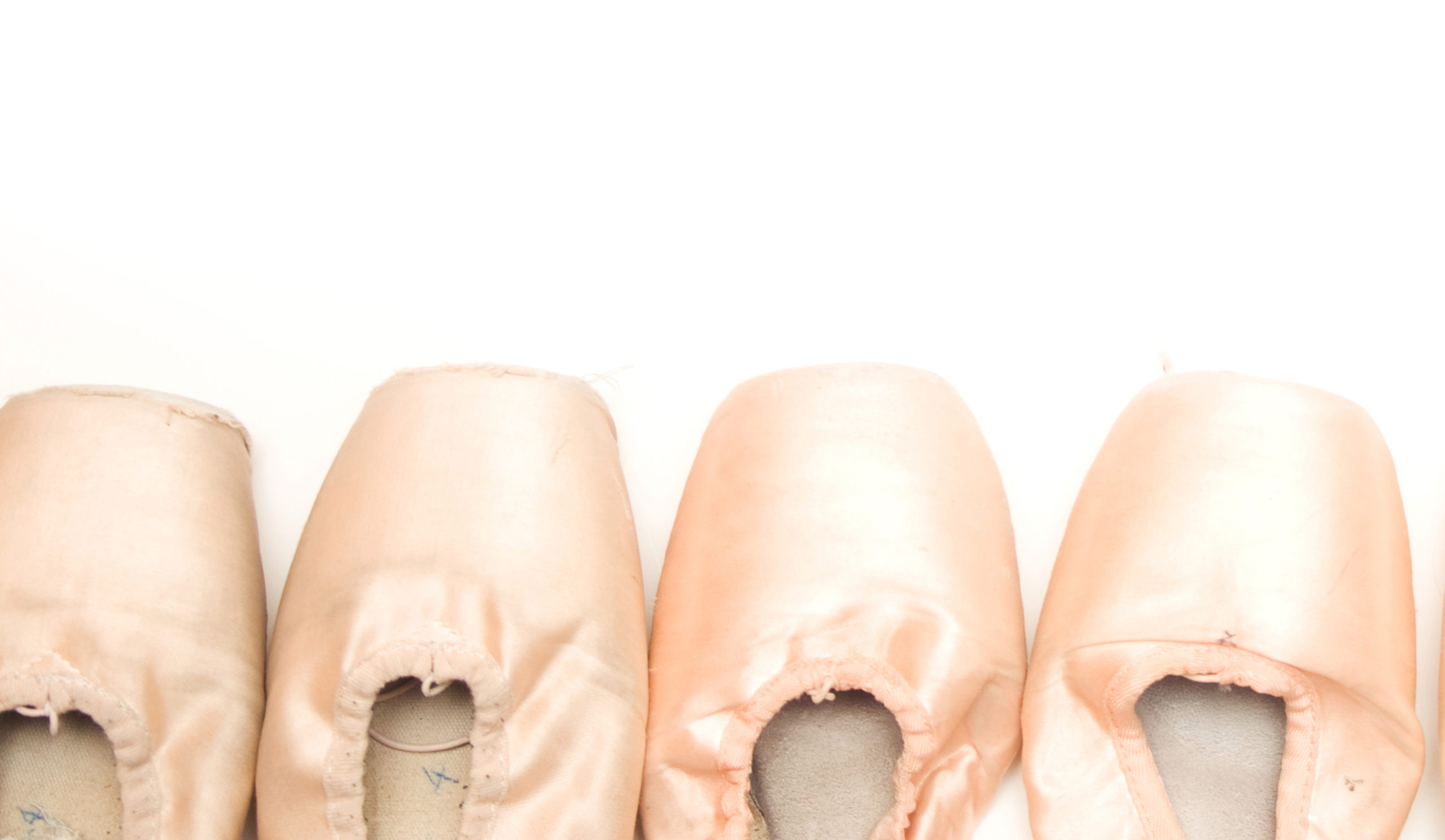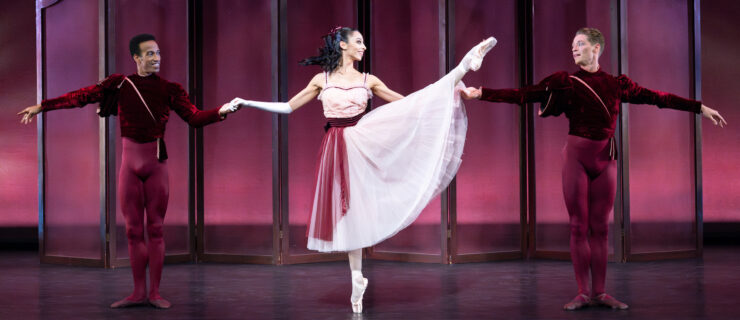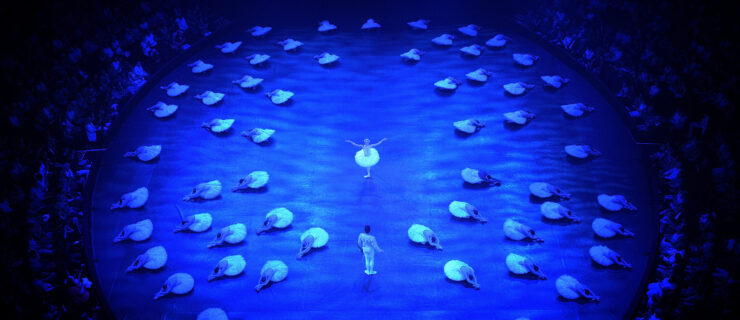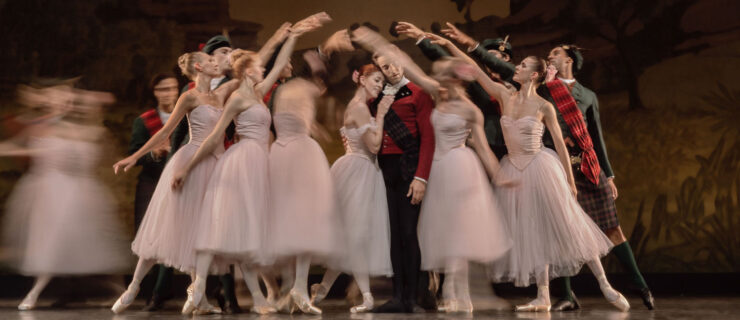Ask Amy: Dec 2009/Jan 2010
Some teachers say you should “dance big” at auditions and others tell you to stick to technique. What’s your best bet? —Stephanie, Indiana
It’s a combination of both—you want to show off your technique, but you also need to reveal some personality to stand out. A great technician without any presence is just plain boring. In general, it’s always better to dance big; nothing says “wallflower” more than someone dancing timidly underneath herself.
But I don’t think exaggerated or dramatic dancing at an audition is a good idea, either. Too many over-the-top facial expressions can make you look silly. And “exaggerated” often translates to “affected,” which isn’t usually desirable to directors. I once stood next to a gorgeous dancer at a company audition years ago. She had feet, legs, extension—the works. However, all of her movements were extreme, unlike the simple style the director was demonstrating. She was among the first dancers cut. The only explanation I could think of was that she wasn’t paying attention to what the director was asking for.
Instead, maximize the space around you (without knocking down your fellow dancers, of course). Use your port de bras and the music to the fullest and project pleasantly towards the front of the room. Show them you’re an artist and a technician.
It’s really hard to stretch my knees when I stand on demi-pointe. And if I do stretch my knees, then my demi-pointe isn’t as high. How can I train it? —Paulina, Latvia
I spoke with Alison Deleget, a certified athletic trainer and clinical specialist with the Harkness Center for Dance Injuries, about your problem. She suspects your calves and hamstrings are tight and/or weak, and that you’re compensating by using other muscle groups to relevé.
Try stretching in the simple runner’s lunge, with both a bent and straight back leg to target different areas of your calf. Also work on point-and-flex exercises using a Thera-Band while sitting with a straight leg to help you gain both strength and flexibility in your calves. “Practice two and one leg relevés with no plié at the barre to build strength,” says Deleget. Ask a teacher to observe your relevé to evaluate how you’re working. If you still have problems, make an appointment with a dance medicine specialist.
Which is a better training route for a preprofessional ballet dancer: performing with a local company or doing competitions such as Youth America Grand Prix? —Sofie, New Mexico
Ballet competitions aren’t a mandatory step towards becoming a professional dancer—most dancers I know did not compete. I myself danced with my studio’s performance group as a teenager, and I gained valuable stage experience that came in handy later. Dancing with a local company often gives you more performance opportunities and focuses on the group dynamic rather than on “winning.”
However, if you feel you have the time, resources and talent (not to mention steely nerves and a good coach) to prepare for a competition, go for it! Many famous dancers were first noticed at international ballet competitions, including Diana Vishneva (Prix de Lausanne), Sarah Lane (YAGP) and Rasta Thomas (USA International Ballet Competition in Jackson), to name just a few. Competitions give you exposure to major companies worldwide, plus you’ll gain intense individualized attention and experience dealing with high-pressure situations. Think about your goals and what you feel you can handle.
Talking to Amy:
Ballets de Monte-Carlo Principal Artist April Ball
“My brother and I competed when we were younger because we wanted to get more exposure and experience the highest level of our age group. Competitions can act as a massive audition because many directors come to scout talent. The medals got me into doors far easier, even years later.
I had a lot of invaluable one-on-one training with my coach, Roberto Muñoz. However, the process was extremely stressful. It takes a lot to be judged like that, so you have to figure out if you can enjoy yourself, too. But the nice thing is that if you don’t win, people won’t hold it against you.”





